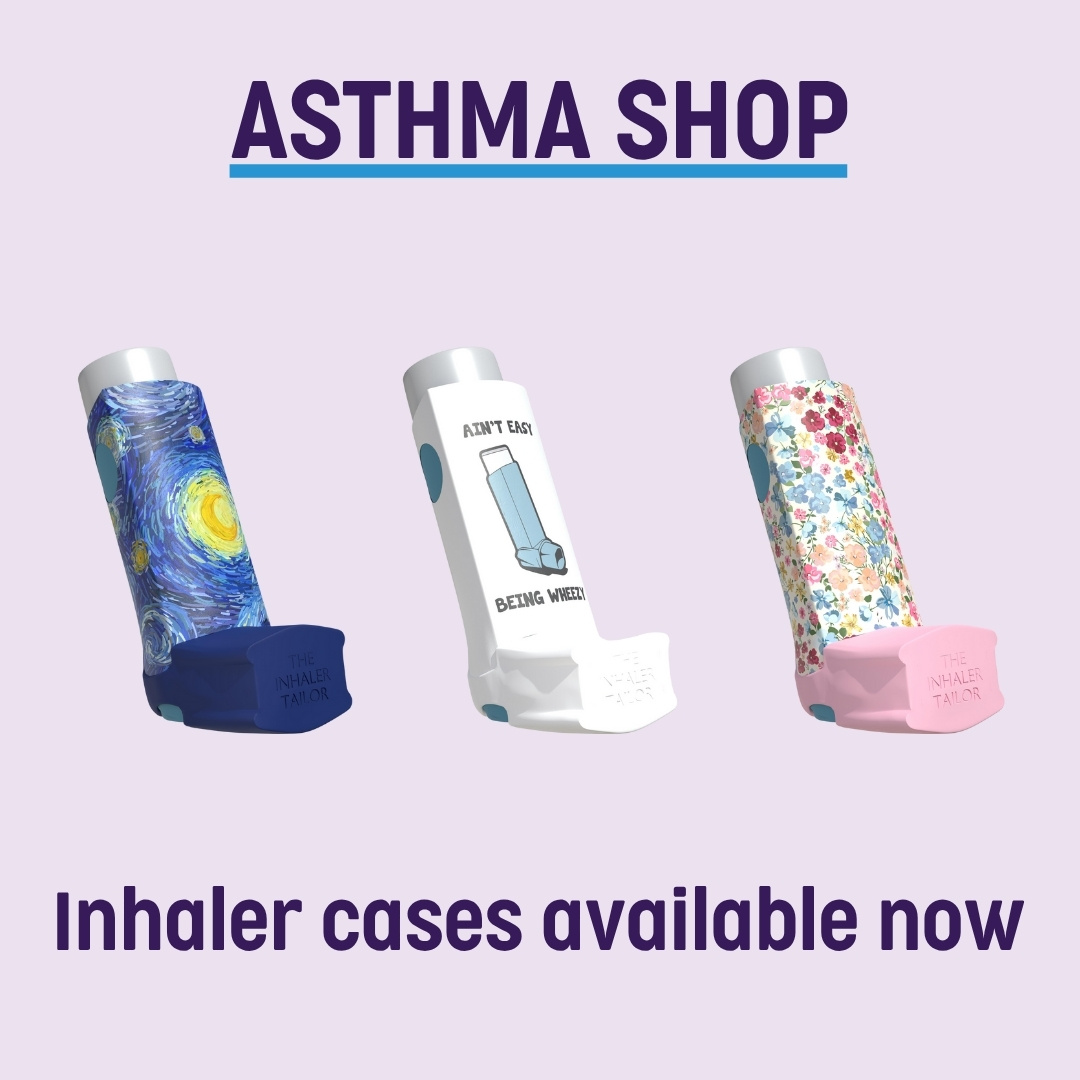PREGNANCY AND ASTHMA
When you are pregnant, you are breathing for yourself and your baby. It’s important to have good asthma control so your baby will have a good oxygen supply for normal growth and development, preventing low birth weight and premature delivery. About half of Australian women with asthma find their asthma gets a bit worse during pregnancy, often between 17 and 36 weeks gestation.
The most important thing is that you do not stop taking your asthma medication – especially your preventer.
You can put your baby at risk if you stop taking your asthma medications, because if you have an asthma attack, your baby may suffer from a reduced oxygen supply. Remember, if you can’t breathe then neither can your baby. Asthma medication will not harm your baby, and taking prescribed medications is safer for you and your baby than having poorly-controlled asthma. If you have asthma and are pregnant (or planning to be) then it’s worth talking with your doctor or a respiratory specialist to get a written Asthma Action Plan specifically for your pregnancy. They may also decide to change your medications and see you more regularly during your pregnancy.
If you experience an asthma flare-up, your written asthma plan should show you what to do. Make sure to also see your doctor and let them know your asthma has changed. If you’re having an asthma attack or your asthma is worsening, follow the Asthma Emergency section of your written asthma action plan or start Asthma First Aid and call an ambulance. It is important to seek help early. Do not wait until your asthma is severe to start First Aid. Remember to tell ambulance and emergency staff that you are pregnant.
If hay fever or other allergies trigger your asthma symptoms, you may be able to treat this with medications. Speak to your doctor or midwife before buying or taking allergy medications. It is important to note that smoking is harmful to your unborn baby, and increases the chance your baby will develop asthma or other health problems. It can also make your own asthma worse. There has never been a more important time to quit. For help, speak to your doctor or call the Quitline on 13 78 48, for specific advice about quitting and pregnancy.
Good Control |
Partial Control |
Poor Control |
| All of: | One or two of: | Three or more of: |
| Able to do all your usual activities | Less able to do your usual activities | Less able to do your usual activities |
| No asthma symptoms during night or on waking | Any asthma symptoms during night or waking | Any asthma symptoms during night or on waking |
| Daytime symptoms no more than 2 days per week | Daytime symptoms more than 2 days per week | Daytime symptoms more than 2 days per week |
| Need reliever no more than 2 days per week* | Need reliever more than 2 days per week* | Need reliver more than 2 days per week* |
(*Not including reliever puffer taken before exercise)
TIPS FOR ASTHMA IN PREGNANCY:
- See your doctor when planning a pregnancy to make sure you are on the best medicines
- Keep taking all of your asthma medicines
- Have regular check ups for your asthma during your pregnancy. The Australian guidelines recommend check ups every four weeks.
- Consult the Asthma in Pregnancy Toolkit for more information
- Avoid smoking and breathing other people’s tobacco smoke as this increases the risk of your baby developing asthma and other breathing problems. It also increases the risk of stillbirth, spontaneous abortion, underweight babies, premature birth, ruptured placenta, sudden infant death, cleft palate, cleft lip and childhood cancers.2
- Work with your doctor to keep your written Asthma Action Plan up to date, follow it closely and tell your doctor if your asthma symptoms become worse.
Download our free Asthma and Pregnancy Resource.
For more information on medicines during pregnancy and breastfeeding call the NPS Medicines Line on 1300 MEDICINE (1300 633 424), or read up and speak to a Maternal Child Health Nurse on HealthDirect’s website here.





 1800 278 462
1800 278 462



